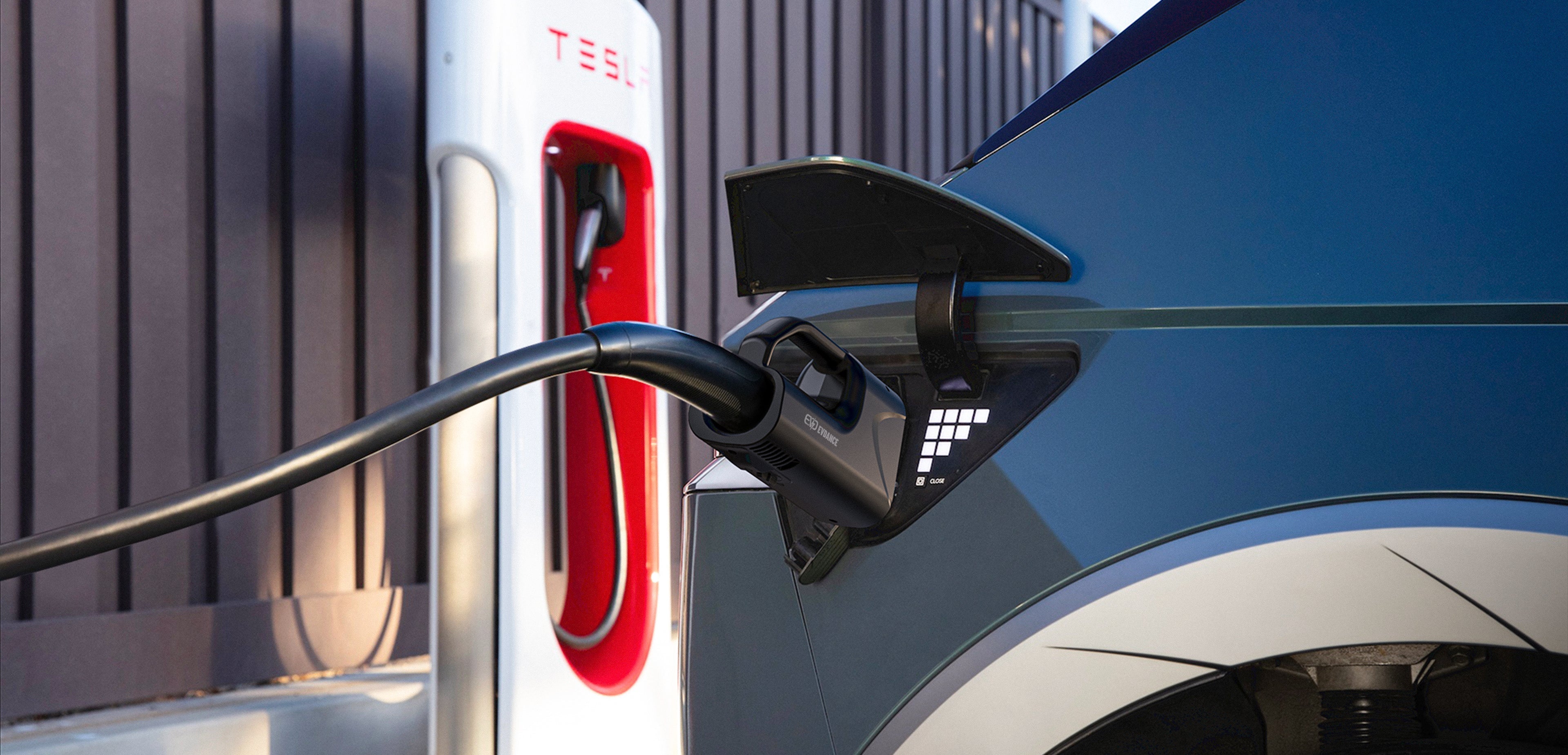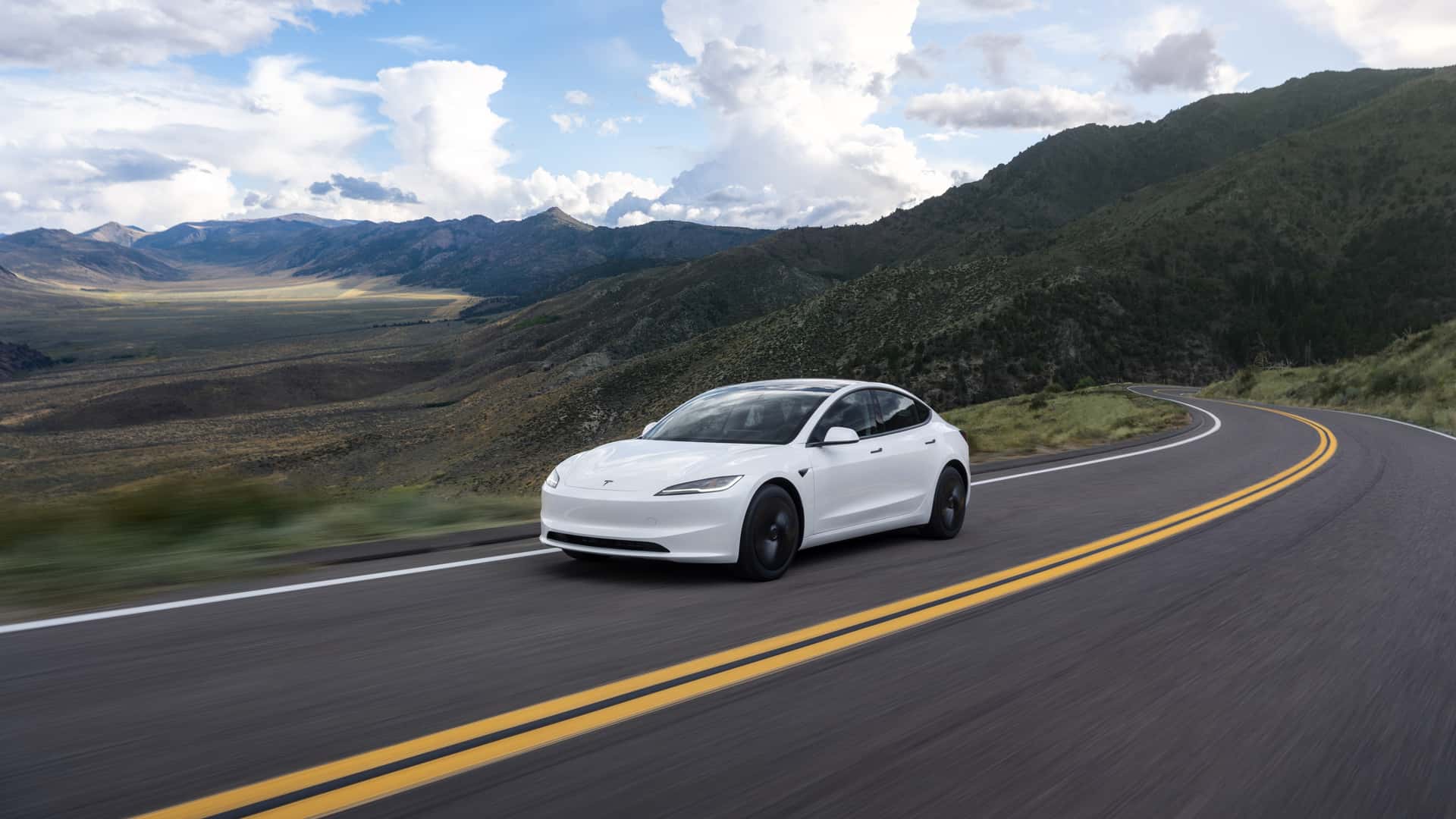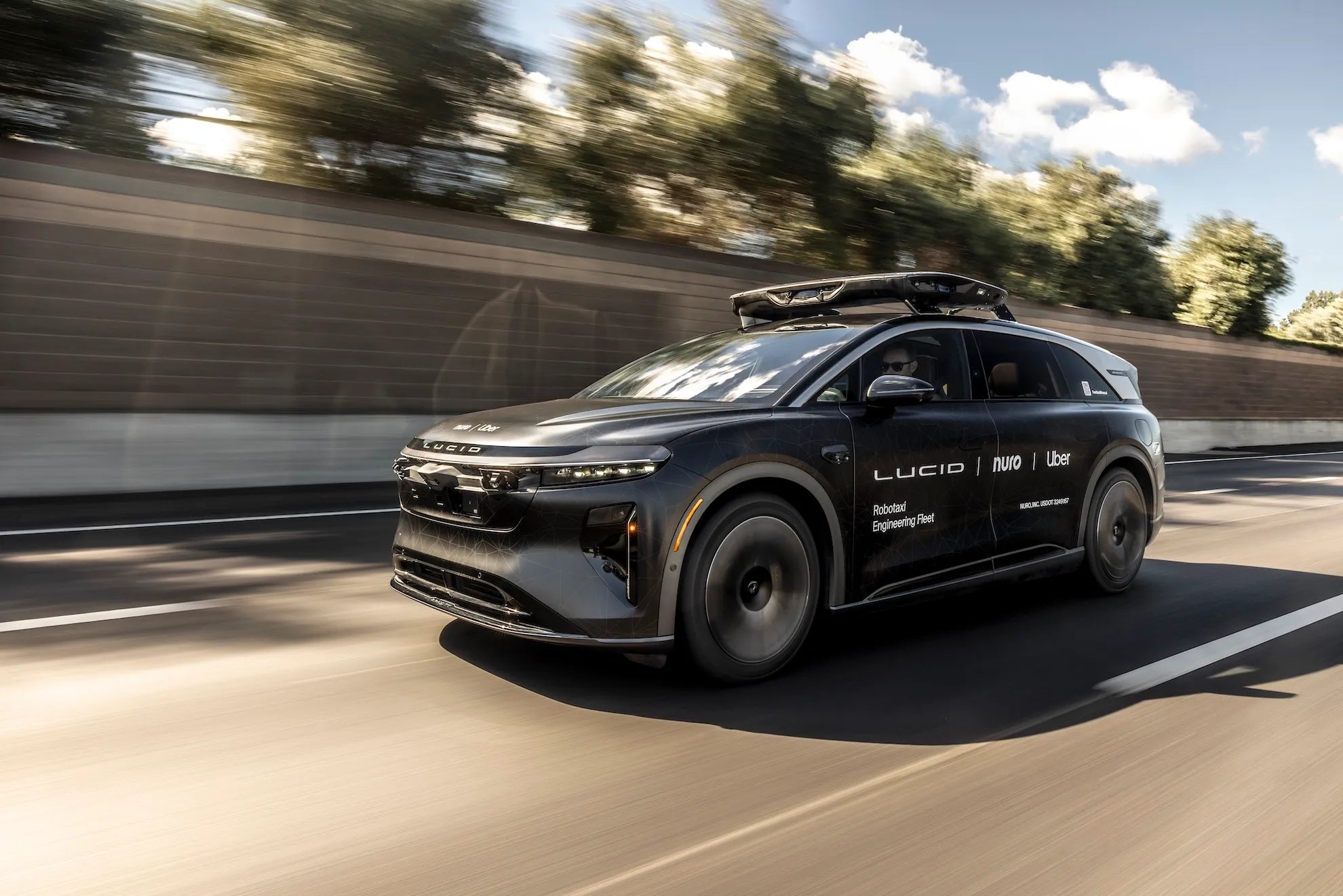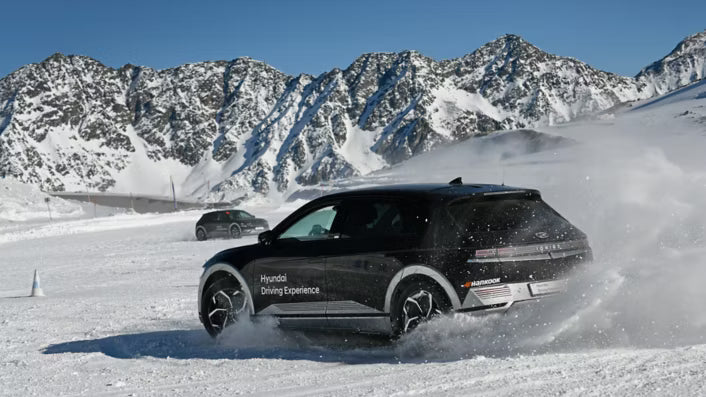As the EV landscape rapidly evolves, charging compatibility becomes a top concern for drivers. From NEMA household outlets to commercial-grade DC fast chargers, EV adapters act as vital bridges—ensuring drivers can access power where and when they need it. This guide demystifies the most essential EV adapters available today, including the increasingly vital NACS to CCS1 Adapter.
1. Why EV Adapters Matter
Electric vehicles are not bound by a universal charging standard. Depending on where you drive, what you drive, and how you charge, you may encounter:
-
Varying outlet types (e.g., NEMA 5-15, 6-20, 14-50)
-
Incompatible plug heads (e.g., J1772 vs Tesla)
-
Access restrictions (e.g., Tesla Superchargers limited to NACS)
Adapters help EV owners overcome these technical divides—allowing flexibility, expanding charger access, and reducing range anxiety.
2. Key Types of EV Adapters
A. NEMA-Based Extension & Conversion Adapters
These are common in residential and light commercial settings.
| Adapter Type | Use Case | Compatible Plug | Max Amperage |
|---|---|---|---|
| NEMA 14-50 to 10-30 | Older dryer outlets | NEMA 10-30 | 30A |
| NEMA 14-50 to 6-20 | Garages with 240V outlets | NEMA 6-20 | 20A |
| NEMA 14-50 Extension | Charge farther from your plug | NEMA 14-50 | 40–50A |
These adapters are essential for EV drivers using portable chargers (Level 2) at home or during travel.
Recommended reading: NEMA 5-15, NEMA 6-20, and NEMA 14-50 Outlets for Efficient EV Charging
B. Tesla to J1772 Adapter
Tesla’s proprietary plug (NACS) is widely used on their home chargers. This adapter allows non-Tesla vehicles (equipped with J1772 inlets) to plug into Tesla Wall Connectors (AC only). It’s perfect for workplaces, Airbnb rentals, or friends' homes with Tesla gear.

C. CCS to NACS Adapter
With Tesla opening its Supercharger network to select non-Tesla EVs, CCS to NACS adapters allow compatible EVs (Ford, Rivian, Hyundai, etc.) to plug into Tesla’s fast chargers. Compatibility varies by vehicle model and software updates.

D. NACS to CCS1 Adapter (New & Important)
What is it?
This is the reverse of the CCS-to-NACS adapter. It enables CCS1-equipped EVs to plug into Tesla Superchargers (which use NACS).

Why It Matters
-
Access to Tesla's network: By far the largest DC fast charger network in North America.
-
Ultra-fast charging: Supports up to 500A / 1000V in high-quality adapters.
-
Growing compatibility: Especially for Ford and GM EVs switching to NACS platforms.
Caution:
Only use UL-certified adapters and ensure your vehicle is compatible.
3. Visual Guide: EV Adapter Comparison (with NACS-CCS1)
📊 EV Adapter Comparison Chart

4. Buying Tips
-
Always verify amperage to avoid overheating or circuit failure.
-
Check for certification (e.g., UL, ETL) especially for high-current DC adapters.
-
Look up your vehicle’s specs—not all models support every adapter.
5. The Evolving EV Ecosystem
The growing availability of adapters signals a future where interoperability becomes the norm—not the exception. Brands like EVDANCE are investing in safe, certified, and versatile adapters that bridge EV owners to every available charging solution.
Author: Lay Wen
Recommended reading: Volkswagen EVs Set to Connect to Tesla’s Supercharger Network by 2025








Share:
Understanding the Inflation Reduction Act (IRA) Tax Incentives for Electric Vehicles and Clean Energy
What Is a NEMA 5-15 Plug?